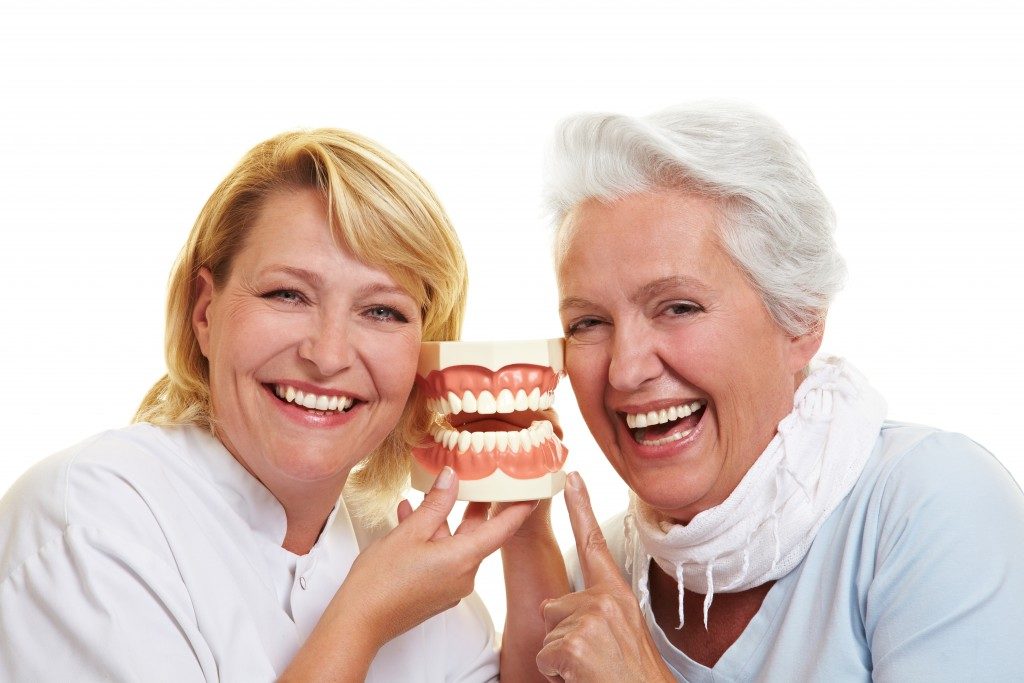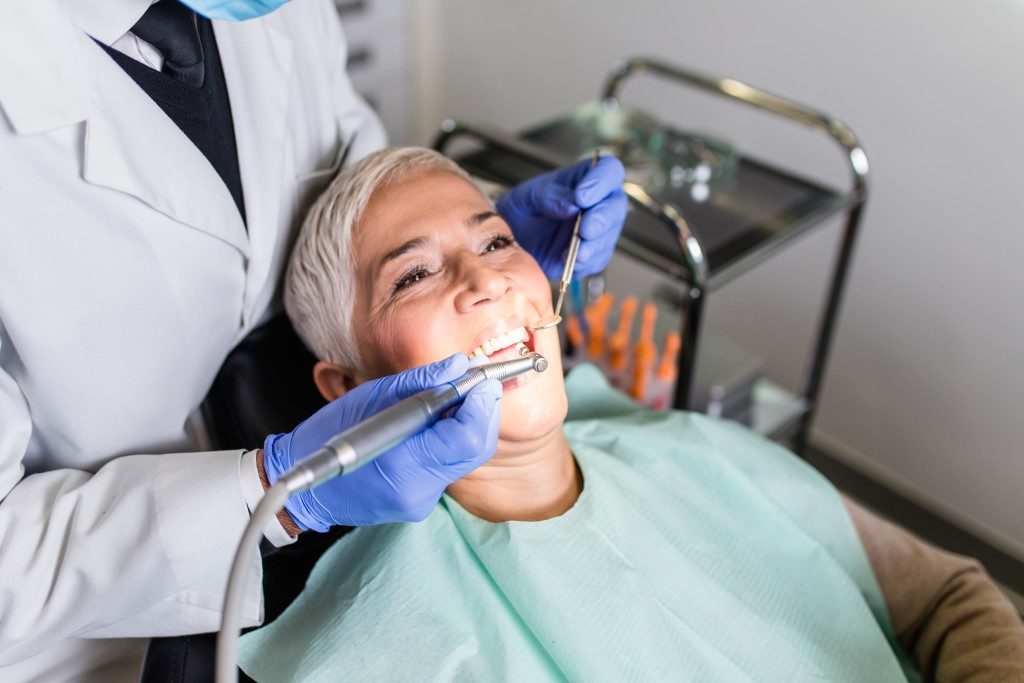Ageing comes with wisdom, experience, and maturity. Unfortunately, it also comes certain complications and being more vulnerable and sensitive to all kinds of issues. Limited mobility and age-related illnesses are not the only things the elderly have to deal with. They also have to deal with oral health issues that come with age. It’s not enough to visit your dentist in Townsville regularly; you have to be aware of common oral health issues that people in your age group suffer from, as well as ways to prevent them and keep your teeth, gums, and mouth healthy.
Common Oral Health Issues for Seniors
Dry Mouth. This is a normal result of ageing. However, certain medications—or even certain treatments such as chemotherapy—can also contribute to this. A dry mouth means reduced saliva flow, and less saliva can lead to oral diseases. Saliva helps fight bacteria and rebuild enamel. A dry mouth can also contribute to a diminished sense of taste.
- Root Decay.
As one ages, their gums recede, causing the roots of the teeth to become exposed. This increases the risk and rate of decay as one ages.
- Attrition.
This is caused by years of chewing and grinding food. It can cause the enamel coating to wear down.
- Diminished Sense of Taste.
A common and inevitable effect of ageing is the impairment of the senses, which include our sense of taste, thus making food taste bland. Some could even end up going for stronger-tasting food to compensate. However, sometimes this food could be either acidic or simply unhealthy, which could cause both oral and overall health issues.
- Denture-induced Stomatitis.
Stomatitis is the general term for a sore and inflamed mouth. This irritation can be caused by ill-fitting dentures or poor dental hygiene. It can cause oral candidiasis, which is a type of fungal infection.

Oral Hygiene for Seniors
- Focus on Fluoride.
Since seniors have a higher risk of tooth decay, you should switch to fluoride toothpaste and brush frequently. Fluoride does not only help remove plaque, but it can help with rebuilding enamel.
- Use an Antibacterial Mouthwash.
After brushing and flossing, make sure to use an antibacterial mouthwash to avoid bacterial or fungal growth.
- Avoid Tobacco.
Whether it’s through smoking or chewing, tobacco can lead to decay and more severe complications such as throat cancer and other serious conditions affecting your overall health. Chewing tobacco can even be worse as it contains sugar, which also contributes to plaque buildup.
- Increase hydration.
A dry mouth can be prevented by asking your doctor for an alternative medication that does not cause it as a side effect. You should also increase your water intake, avoid alcoholic drinks, and chew sugar-free gum, which can stimulate saliva flow.
Ageing comes with a lot of complications, but by following basic oral hygiene routines, you will not have to worry a lot. Don’t forget to regularly schedule a visit to your dentist. Never hesitate about bringing up any oral issues that you have right at the moment.


